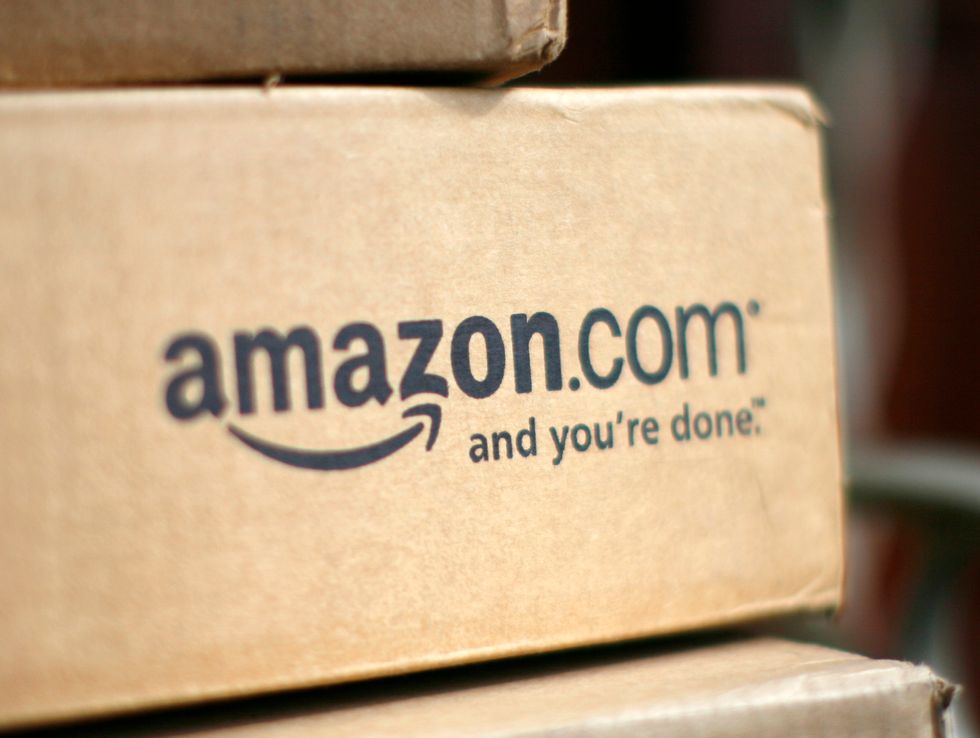Why walk to the nearby town bookstore and purchase a copy of your favorite book when you can sit at home, in your bed, and buy the same copy for half the price? This is the question that runs through the mind of almost every modern American. In an era of Snapchat, Netflix, Tinder, Uber and iCloud, every aspect of life - including shopping - seems to be a mere click away.
Typing in "amazon.com" in the Chrome url address bar has become a ritual for many millennials. In fact, Amazon shopping has so ingrained itself in modern culture that it has become a normalcy. In recent years, the company has maintained a rather scary, domineering presence over American consumers. In the 1920's and 30's, this would've been called a monopoly. But in 2017, it's called innovative progression in the commercial world.
It's time to face reality: Amazon, with the likes of Google and Walmart, is the public face of a new gilded *ahem* golden age of monopoly. However, there is one big difference. Unlike U.S. Steel, Amazon doesn't triple the prices of standard products. Rather, they have created a generation of low prices for every imaginable product available. Yes, this benefits a lot of people. Yes, convenience is the basis for innovation. And yes, I use Amazon Prime. But so what? These are not unique reasons why Amazon is a good company. The desirability of cheaper products, or even Amazon's ability to cater to the needs of modern Americans, is not the problem. After all, Andrew Carnegie was pretty good at the steel business, too - but U.S. Steel still had too much power, and federal action was eventually needed to control that power.
The majority of society is enjoying the benefits of Amazon way too much to realize the dangers. Internet age monopolies behave differently from the industrial monopolies of the Gilded Age; they perplex the conventional way of thinking (through a corporate lens) and they are rather evasive when questions of antitrusts come up. There are laws in place to govern the competition of marketplace; but such laws were originally conceived to manage an industrial economy.
In their pursuit for growth and innovation, Amazon has left behind a trail of damage. Undercutting competitors and squeezing suppliers, Amazon has shown little interest in playing fair. And this isn't more obvious in their past dispute with Hachette, a major publishing house. Back in May of 2014, Amazon had demanded a larger chunk of the price of books Hachette sold; when Hachette refused, Amazon entered into a phase of heightened aggression. Banning Hachette books from Amazon's site, delaying deliveries, raising prices, and urging customers to other publishers, Amazon had started a full on war.
The era of robber barons ended when America collectively decided that there were some business strategies that were out of line. The decisions that Amazon chose to act on were no different from when Standard Oil refused to ship oil using railroads that didn't grant it special discounts. The question may soon become whether America is moving backwards in that direction. When it comes to books, the answer may be yes. With market shares nearing Standard Oil's share of the oil market, Amazon dominates online book sales. In a survey by Codex Group, it was found that Amazon control 67% share of the e-book market. And with the sale of all new books, Amazon accounts for 41% of the entire market.
It has become impossible for publishing houses to compete. When Amazon set the e-book price at $9.99, they did so without informing the publishers. Additionally, contributions to a "market development fund" are required; another excuse to extract an addition 7% of the houses' gross sales. There doesn't seem to be a limit to Amazon's demands and its relationship with Hachette only proves such a point.
It is not unlikely that the commercial ecosystem could collapse. Amazon will always have the power to drive sales by deflating any novel of their choice to the price of a Pepsi. Or they can continue to force publishing houses to change their models. Either way, there are unavoidable cultural consequences to Amazon's monopoly; with less variety and lower quality of products, the commercial world as we know it can take a turn for the worst.


















